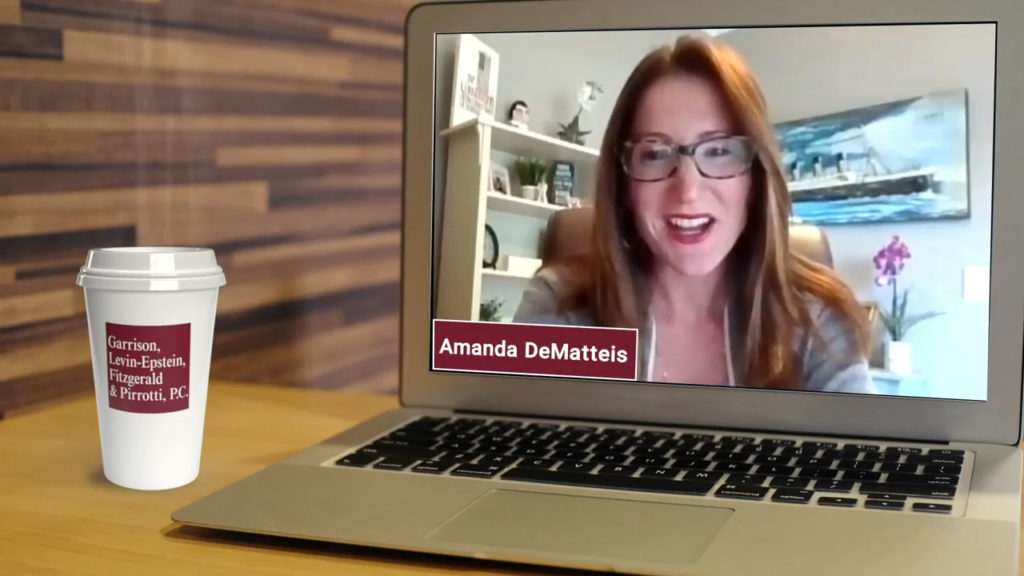May 19 2021
Josh Goodbaum: Hi, Amanda.
Amanda DeMatteis: Hi, Josh. What are we going to talk to Connecticut employees about today?
Goodbaum: I thought we could talk about harassment and hostile work environments, and what people facing them should do. So let me set up a scenario for you I see a lot. A Connecticut employee comes into your office; works in Hartford or New Haven or Stamford or Fairfield or New London; and says, “I’ve been working in a hostile work environment for a year now. I’m being bullied, I’m being harassed.” Maybe it’s sexual harassment. Maybe it’s race discrimination or on the basis of sexual orientation or a disability. And the employee says, “I just can’t take it anymore. I took a sick day yesterday. I took a sick day today to talk to you. And tomorrow, I’m going to quit my job. Nothing is worth how horrible this is for me.” What do you say to this person?
DeMatteis: Gee, we see this too much. And it’s an awful situation that folks find themselves in.
Rule #1: Do not quit. Do not quit. Get on the phone, get into a consultation, talk to a Connecticut employment lawyer first. So, the first thing I tell this person is, “Thank you for talking to me before you went ahead and quit. Because now we have a number of options available to us. Right?”
So, first things first: we want to make sure that you’re being taken care of medically. If you’ve been going through this horrible circumstance for a period of time, we want to make sure that you are speaking with a medical professional to make sure you’re in the right headspace. We always want to make sure of that first.
Number two: Is there a way for us to separate you from your employment with compensation for what you’ve been through? We’ve talked in other videos about what a hostile work environment is, and that’s a legal term of art. We have to learn the facts to understand if this environment you have been working in is hostile as is defined under our state and federal statutes. Is it sexual harassment? Is it race discrimination? But if it is, and there is some type of illegal employment activity that’s taking place that’s really creating a hostile work environment, we may be able to get you compensation for leaving your job. If you leave first and then come see us, our window of opportunity to do that is very likely gone. So, call us first.
The other really critical aspect of why you call an employment lawyer before you quit is because our state and federal laws that protect employees often require that an adverse employment action has taken place. Well, what does that mean? Your employer terminated you. Your employer demoted you. Your employer suspended you. Your employer did something adverse to impact your employment relationship. If you voluntarily quit, well, that hasn’t happened or may not have happened, and you are therefore giving up rights you would otherwise have been entitled to. So, you want to go into these decisions with your eyes wide open – to have as much information as you can possibly have before you walk in that door and say, “I quit.” And of course, we want you to have that information before you make the decision.
So, call first, get all the information, then make an educated decision that’s going to put you in the best possible position after having gone through something that just sounds pretty awful.
Goodbaum: Great information for Connecticut employees. Thank you so much. And I hope this is useful to you.
DeMatteis: Take care!
Posted by Garrison, Levin-Epstein, Fitzgerald & Pirrotti, P.C. in Commentary
Tagged Amanda DeMatteis, Joshua Goodbaum









